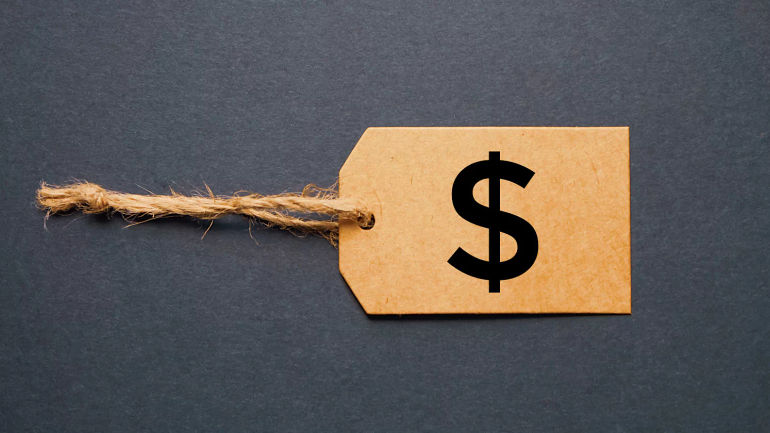
Google's Response to California's Proposed 'Link Tax' Law Sparks Debate

Google's move to limit news links in California ignites debate over the impact of the proposed pay-for-link law on local news outlets. Will this decision protect or harm the future of news sharing in the state?
Google has announced that it will limit access to California news websites for some users in the state. This decision is part of Google's preparation for the possible approval of the California Journalism Preservation Act (CJPA). The CJPA is a bill that would make online platforms such as Google pay news publishers for sharing their content.
Understanding the California Journalism Preservation Act
The California Journalism Preservation Act, also known as CJPA, was proposed in the California State Legislature with the goal of providing assistance to local journalism. One of its key components involves the implementation of what Google has termed a "link tax."
If the Act is approved, companies such as Google will be required to compensate media outlets for directing readers to news articles.
Google, on the other hand, argues that this proposed approach should be reevaluated as it may have negative consequences on the news industry rather than providing assistance.
Jaffer Zaidi, Google’s VP of Global News Partnerships, expressed concerns about the potential impact of the bill in a recent blog post. He highlighted that the bill could benefit media conglomerates and hedge funds who have been advocating for it. These entities could potentially use funds from the bill to acquire local California newspapers, reduce the number of journalists working for them, and produce content with minimal resources, resulting in lower quality journalism.
Google’s Response
To assess the potential impact of the CJPA on its services, Google is running a test with a percentage of California users.
During this test, Google will remove links to California news websites that the proposed legislation could cover.
Zaidi states:
Google Claims Only 2% of Search Queries Are News-Related
We are taking proactive steps to anticipate potential implications of the California Journalism Preservation Act (CJPA). As part of our preparation, we are conducting a short-term test with a small group of California users. During this test, we will be removing links to California news websites that may fall under the coverage of CJPA. This will help us evaluate how the legislation could impact the overall user experience of our product.
Zaidi pointed out how people's news consumption habits are changing and how it is impacting Google search queries. According to him, more and more people are turning to sources like short videos, newsletters, social media, and podcasts for news, while some are even avoiding news altogether. As a result, only 2% of the queries on Google Search are related to news.
Google is committed to supporting news publishers by increasing their visibility on its platforms, despite the low percentage of news queries.
According to Zaidi, the current construction of the CJPA would put an end to these investments.
A Call For A Different Approach
In its current form, Google maintains that the CJPA undermines news in California and could leave all parties worse off.
The company is calling on lawmakers to explore different ways to support the news industry without negatively impacting smaller local outlets.
Google believes that it has played a significant role in assisting news publishers with innovation over the last twenty years.
We've introduced Google News Showcase in 26 countries, including the U.S., with over 2,500 participating publications. As part of the Google News Initiative, we've collaborated with over 7,000 news publishers globally, partnering with 200 news organizations and 6,000 journalists in California alone.
Zaidi emphasized that a thriving news industry in California needs backing from the state government and a diverse group of private companies.
Google is open to working with California publishers and lawmakers as the legislative process moves forward to find new ways to keep linking to news.
Editor's P/S:
The California Journalism Preservation Act (CJPA) has sparked a heated debate over the future of news in the digital age. Google's decision to limit access to California news websites is a bold move that highlights the complex relationship between tech giants and the media industry. While the CJPA aims to support local journalism by requiring online platforms to pay for sharing content, Google argues that it could unintentionally harm the industry by benefiting media conglomerates and reducing the quality of journalism.
Google's experiment with removing links to California news websites is a crucial step in assessing the potential impact of the CJPA. The company's claim that only 2% of search queries are news-related raises questions about the relevance of news in the current digital landscape. However, it's important to consider the broader context, including the role of social media and other platforms in news consumption. As the legislative process continues, it's vital for all stakeholders to find a balance that supports both the sustainability of the news industry and the accessibility of information for the public.












